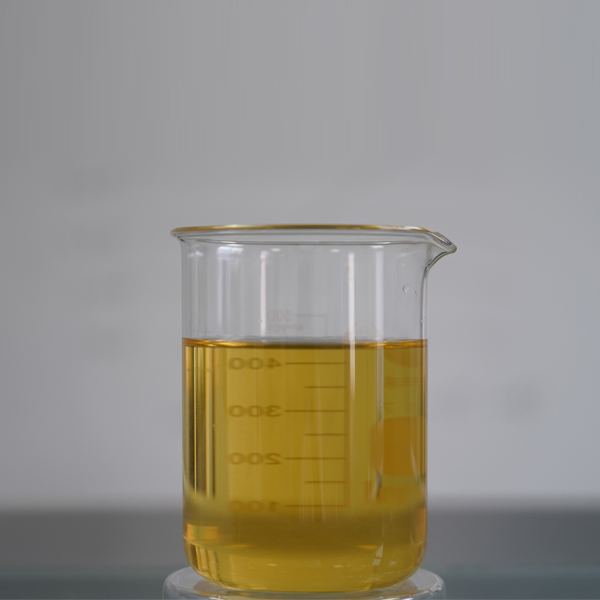
News
Aug . 22, 2024 04:48 Back to list
Vitamin C as an Effective Chelating Agent in Industrial Applications
Vitamin C as a Chelating Agent A Natural Approach to Metal Ion Management
Vitamin C, also known as ascorbic acid, is widely recognized for its essential role in human health, particularly in supporting the immune system and acting as a powerful antioxidant. However, its potential as a chelating agent is garnering increasing attention in various fields, including environmental science, food preservation, and pharmaceuticals. Chelating agents are substances that can bind to metal ions, effectively neutralizing their reactivity and facilitating their removal from biological systems or the environment.
Vitamin C as a Chelating Agent A Natural Approach to Metal Ion Management
One of the primary applications of Vitamin C as a chelating agent is in the food industry. Metal ions such as iron, copper, and manganese can catalyze undesirable reactions, leading to the oxidation of lipids and vitamins, which diminishes food quality and safety. By incorporating Vitamin C into food products, manufacturers can inhibit these oxidation reactions. This not only helps to preserve the nutritional value and sensory qualities of food but also extends shelf life, ultimately reducing food waste—a critical issue in today’s world.
vitamin c as a chelating agent factory

In the field of environmental science, Vitamin C has been studied for its ability to remediate contaminated water sources. Heavy metals, including lead, cadmium, and mercury, are common pollutants with severe ecological and health impacts. The use of Vitamin C as a bioremediation agent shows promise due to its capacity to bind and solubilize these toxic metals, making them easier to extract or neutralize in environmental clean-up processes. Furthermore, as a biodegradable compound, Vitamin C presents a less harmful alternative to traditional chemical methods of metal ion extraction, which can sometimes lead to secondary pollution.
Pharmaceutical applications also benefit from the chelating properties of Vitamin C. In the treatment of certain diseases, especially those associated with metal overload—such as hemochromatosis— Vitamin C can assist in mobilizing excess iron from tissues, promoting its excretion from the body. This is particularly significant as excessive iron can lead to oxidative stress and organ damage. By employing Vitamin C as a natural chelating agent, healthcare professionals can enhance treatment efficacy while minimizing the risk of synthetic chelator-related side effects.
However, it is essential to understand the limitations of Vitamin C as a chelating agent. While it is effective for certain metal ions, its efficiency may vary depending on the specific metal and environmental conditions. Ongoing research is crucial to fully characterize its binding affinities and develop guidelines for optimal use in various applications.
In conclusion, Vitamin C is not just a vitamin but also a versatile chelating agent with significant potential across multiple sectors. Its capacity to bind metal ions offers valuable solutions to challenges in food preservation, environmental remediation, and health care. As research continues to uncover the full extent of its applications, Vitamin C stands out as a beacon of hope for sustainable practices in an increasingly industrialized and polluted world. Embracing natural chelators like Vitamin C can lead to innovative approaches that prioritize both human health and environmental integrity.
-
Polyaspartic Acid Salts in Agricultural Fertilizers: A Sustainable Solution
NewsJul.21,2025
-
OEM Chelating Agent Preservative Supplier & Manufacturer High-Quality Customized Solutions
NewsJul.08,2025
-
OEM Potassium Chelating Agent Manufacturer - Custom Potassium Oxalate & Citrate Solutions
NewsJul.08,2025
-
OEM Pentasodium DTPA Chelating Agent Supplier & Manufacturer High Purity & Cost-Effective Solutions
NewsJul.08,2025
-
High-Efficiency Chelated Trace Elements Fertilizer Bulk Supplier & Manufacturer Quotes
NewsJul.07,2025
-
High Quality K Formation for a Chelating Agent – Reliable Manufacturer & Supplier
NewsJul.07,2025
